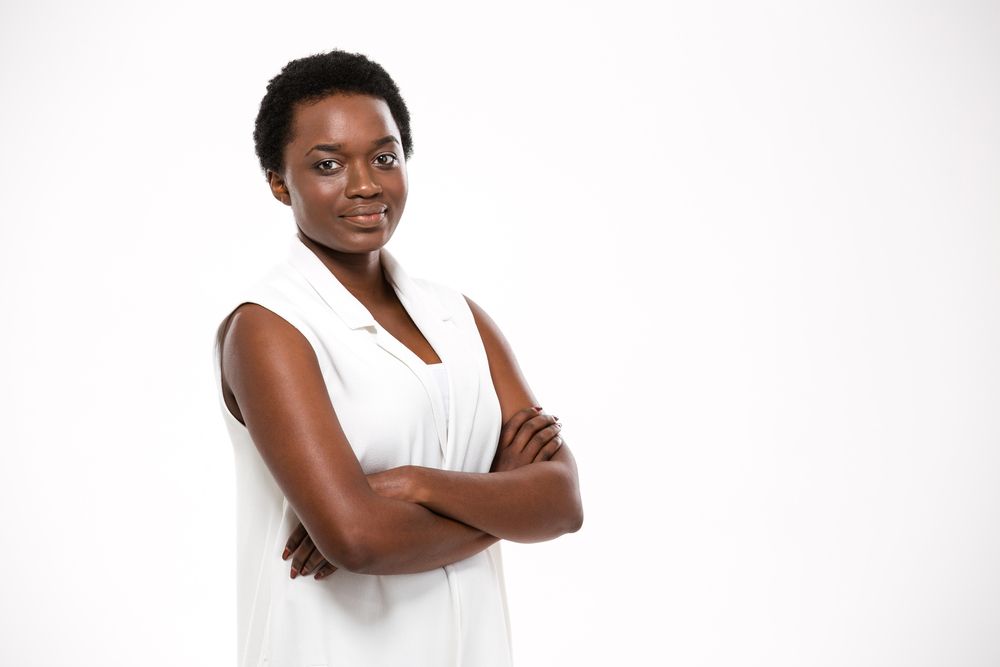Don't Ask Me When I'm Getting Married

by Shahida Muhammad @ShahidaMuhammad
Ever since I hit my mid-twenties, there’s been a question echoing in my ears from family, friends, and acquaintances alike: “When are you getting married?” It’s gotten to the point that I want to pull out a personal calendar and show folks that there is no magic date when a Prince Charming will trot along on a horse, sweep me into his arms, and take me off to set a date for the big day.
And for the record, I’m okay with that. If only other folks could be too.
Now I know there are people in my life who don’t mean any harm by asking me this. My aunt lightly easing “So, have you met anyone?¨ into the conversation or my dad´s hints about the joys he looks forward to as a grandfather, aren't meant with malice. Yet, there is clear pressure placed on women if we reach our late twenties or thirties without a ring on our finger.
Because I am female, I am expected to aspire to marriage; I am expected to make my life choices always keeping in mind that marriage is the most important. Now marriage can be a source of joy and love and mutual support, but why do we teach girls to aspire to marriage and we don't teach boys the same?
And it´s true. For every time I´m probed about my unwed status or deemed “late in the game,” there are men years older than me being applauded for staying single. Yes, there is an obvious biological timeline for childbirth for women, but this does not mean we should live life and pursue relationships as though we have a sell-by date. This social stigma placed on women is not only a unfair, but unhealthy, and I refuse to play into it.
Black women, in particular, are constantly bombarded with stereotypes and statistics that try to paint us as undesirable and tragically single, and as a community we often feed into these notions and perpetuate them.
Today the average American woman gets married at 27 and the average man at 29. That’s up from 23 for women and 26 for men in 1990 and 20 and 22, respectively, in 1960. Things have changed, but it seems our acceptance of this reality has yet to catch up.
To be clear, I am a woman who desires to be married and have children. Although I didn’t grow up fantasizing about my wedding day or meeting “the one” in college, it’s always something I knew I wanted. However, I’m also aware that there are some things I wish to have in order before I enter into marriage—both professionally and personally. This awareness is something I’m actually proud to have, and will, hopefully, keep me from desperately jumping into a lifelong commitment for all the wrong reasons or at the wrong time.
I’ve first made a commitment to my goals. The majority of marriages struggle most with financial issues, poor communication and/or infidelity, and it´s my personal belief that we should all work on being able to bring something to the table, while also seeking a sense of wholeness and striving to heal emotional wounds prior to seeking a lifelong partner.
Of course no one will walk into marriage perfect, and I know developing yourself emotionally and professionally does not guarantee a marriage free of issues, but just like any major step in life, why not do your best to be as prepared as possible? Given the high divorce rates in our society, it often perplexes me as to why it isn’t more encouraged. Although I´m open to allowing the right person to come into my life as I´m growing and building, I think everyone owes it to themselves to do some self-work and analysis beforehand.
Growing up with divorced parents and seeing many relationships end because of dysfunction, deceit, and unpreparedness has, no doubt, affected me. So while a friend may have been ready to jump the broom at 21, I would’ve been a long way from the maturity and openness to do so at that age. And it's okay. I have friends who married young, right after college, and well into their thirties. Everyone's journey is different, and it would be great if others understood that as well.
I’ve now attended many wedding and social gatherings where the attention uncomfortably turns to the single women in the room. And at this point, I’ve learned to brush it off without becoming defensive. Instead of letting the questions of ¨why?¨and “when?” make me doubt myself, I feel empowered knowing that I constantly take honest looks within to know why I would like to be a wife and when I’ll be ready for that commitment.
I definitely want love and companionship, and I´m not going out of my way to stay single as a testament to my strength or as a badge of independence, nor will I see marriage as a seal of my personal value. I’m clear that my worth is determined by how I view myself, not whether I have a spouse by a certain age or any other title or possession that gets lost in shallow social conditioning.
With this, I’ve come to respond to inquiries of “when?” simply with ¨…when it´s my time.¨ For I know that despite how much anyone pressures or worries me over it, I’m ultimately the one who must gauge the appropriate moment to evaluate the right partner and make the step into married life. And that’s how it should be.
Shahida Muhammad was raised in Philadelphia and is currently based abroad in Colombia. Her writing tends to lie within the spaces of Black culture, identity, and womanhood. For more, follow @ShahidaMuhammad on Twitter.
No comments: